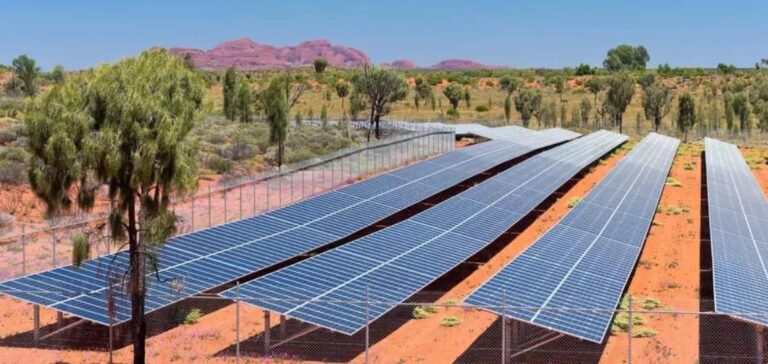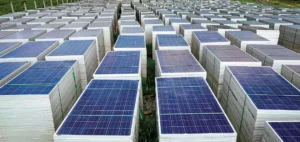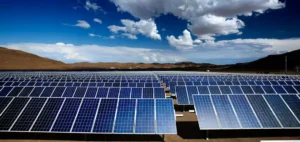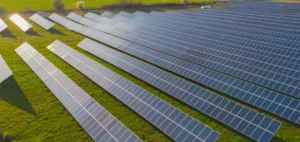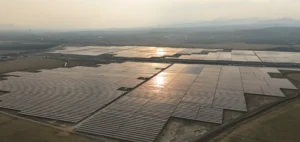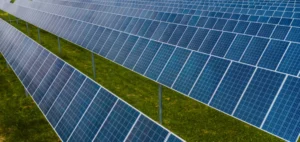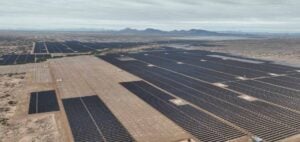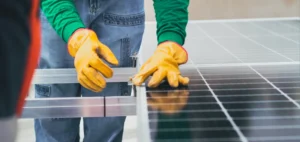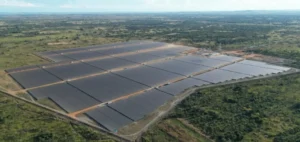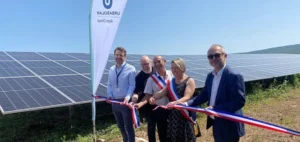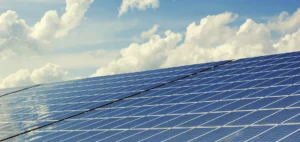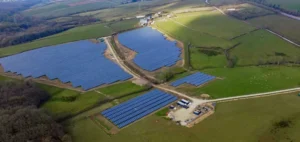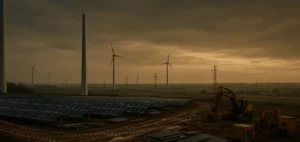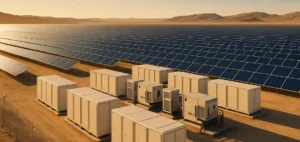Elgin Energy has received approval from the Victorian government to develop its flagship project: the Elaine solar farm. Located around 120 kilometers west of Melbourne, the 150 MW facility will also include a 250 MWh battery energy storage system. This approval, which comes three months after that of the Shady Creek Solar Farm project, marks a significant acceleration in Elgin’s renewable energy investments in Australia.
Impact on Victoria’s Energy Objectives
The Elaine project will make a significant contribution to achieving Victoria’s renewable energy targets, set at 50% by 2030. As well as reducing greenhouse gas emissions, this initiative is part of Elgin’s wider strategy to develop over 4GW of projects across Victoria, New South Wales and Queensland.
Project details and infrastructure
The Elaine project will be spread over two blocks totalling around 230 hectares, with some 260,000 solar panels mounted on a single-axis tracking system. The solar farm and energy storage system will be connected to the grid via a new 220kV transmission line to the adjacent Elaine terminal station, strengthening the region’s energy infrastructure.
Outlook and Future Developments
With commissioning scheduled for 2026, the Elaine project is Elgin’s largest hybrid project to date. This development adds to the company’s recent projects in Australia, the UK and Ireland, totalling 6GW of solar and 3GW of storage under development, testifying to Elgin Energy’s rapid growth in the renewable energy market.
The Victorian Government’s approval of the Elaine Solar Farm project is an important milestone not only for Elgin Energy, but also for the future of renewable energy in Australia. With its extensive capabilities and commitment to sustainable development, Elgin is positioned as a key player in the region’s energy transition.

